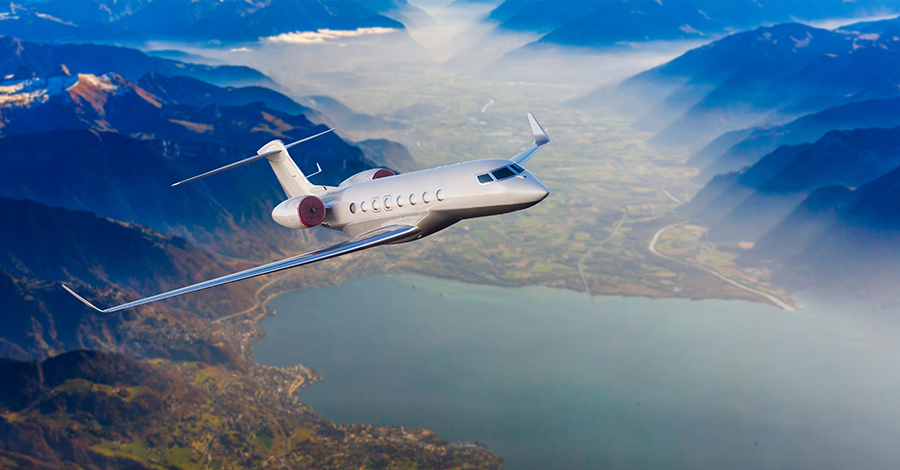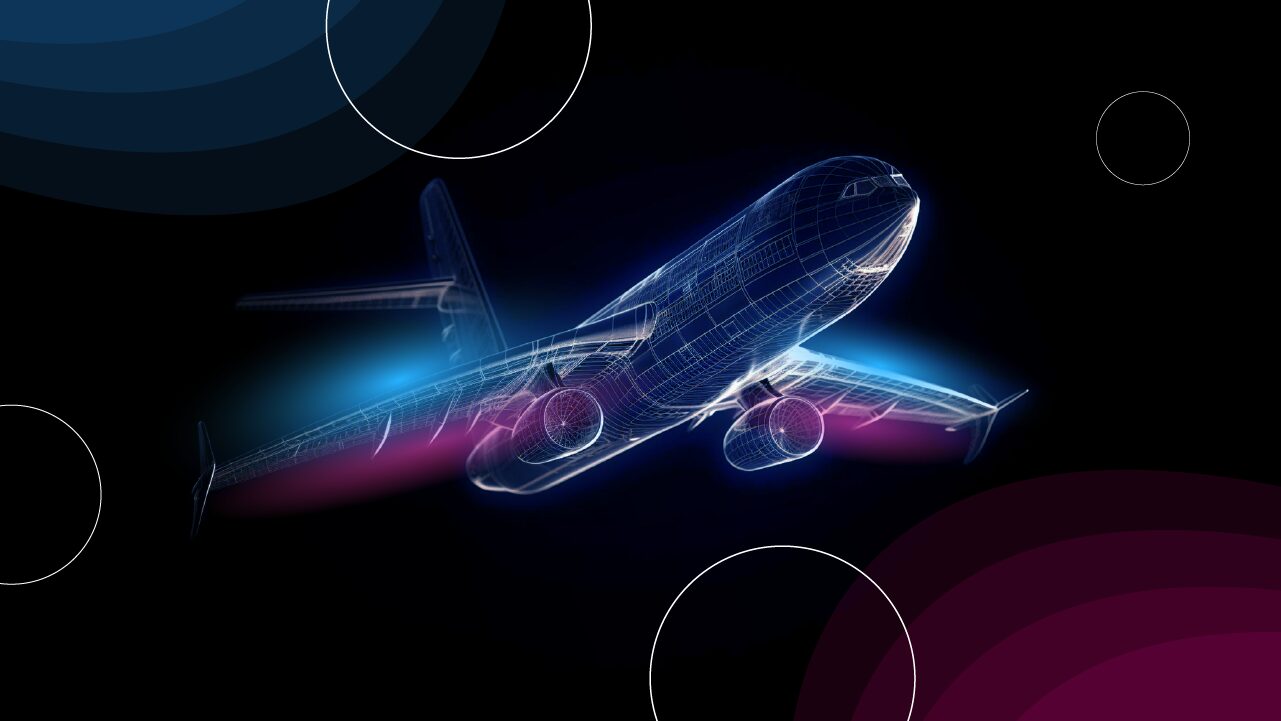-
Is It Difficult to Become a Pilot?
-
What Do I Need to Become a Pilot?
- English Ability
- Medical Fitness
- Sport Pilot Certificate
- Private Pilot Certificate
- Commercial Pilot License
-
Is It Hard to Be a Pilot?
-
The Negatives
- The Cost
- The Beginning Is Difficult
- Industry Unpredictability
- You Require Good Health
- You Will Work Hard
- You Will Be Constantly Evaluated
-
The Positives
- A Career like No Other
- Airplane News Update
- The Prestige
- No University Degree Required
- High Income Later On
-
Conclusion
Becoming a pilot is a childhood dream of many young boys and girls. Aviation has fascinated nearly every culture across the globe since hot air balloons took to the skies almost 250 years ago. Like all things in life, the prestige of becoming a professional aviator and the freedom of flying privately does not come without a cost.
This article will discuss the difficulty of becoming a pilot, either professionally or privately, and how you can join your generation of aviators.
Is It Difficult to Become a Pilot?
Becoming a pilot requires significant commitment and many hours of study and practice. Depending on which certificate you plan on obtaining, you will have to invest a considerable amount of money and time.
Let’s look at the requirements to become a pilot and how difficult they are to obtain.
What Do I Need to Become a Pilot?
The requirements for becoming a pilot will differ depending on what aircraft you want to fly and whether you want to fly professionally.
All certificates share some similar requirements, however.
English Ability
To obtain any pilot certificate, you require the ability to speak and understand the English language. If your English ability isn’t great, don’t stress – you only need the ability to speak and understand; you don’t have to write poetry. If you can comprehend this article, chances are your English is good enough to obtain an airman certificate. If you still have doubts about your English abilities, speak to a Certified Flight Instructor (CFI) and get their opinion on whether your English will meet the required standard. If necessary, you can always take English lessons.
Medical Fitness
You will also require a medical certificate, which entails a medical exam by a doctor specializing in aviation medicine. The extent of the exam and how often you need to undergo it will depend on your license type and how old you are.
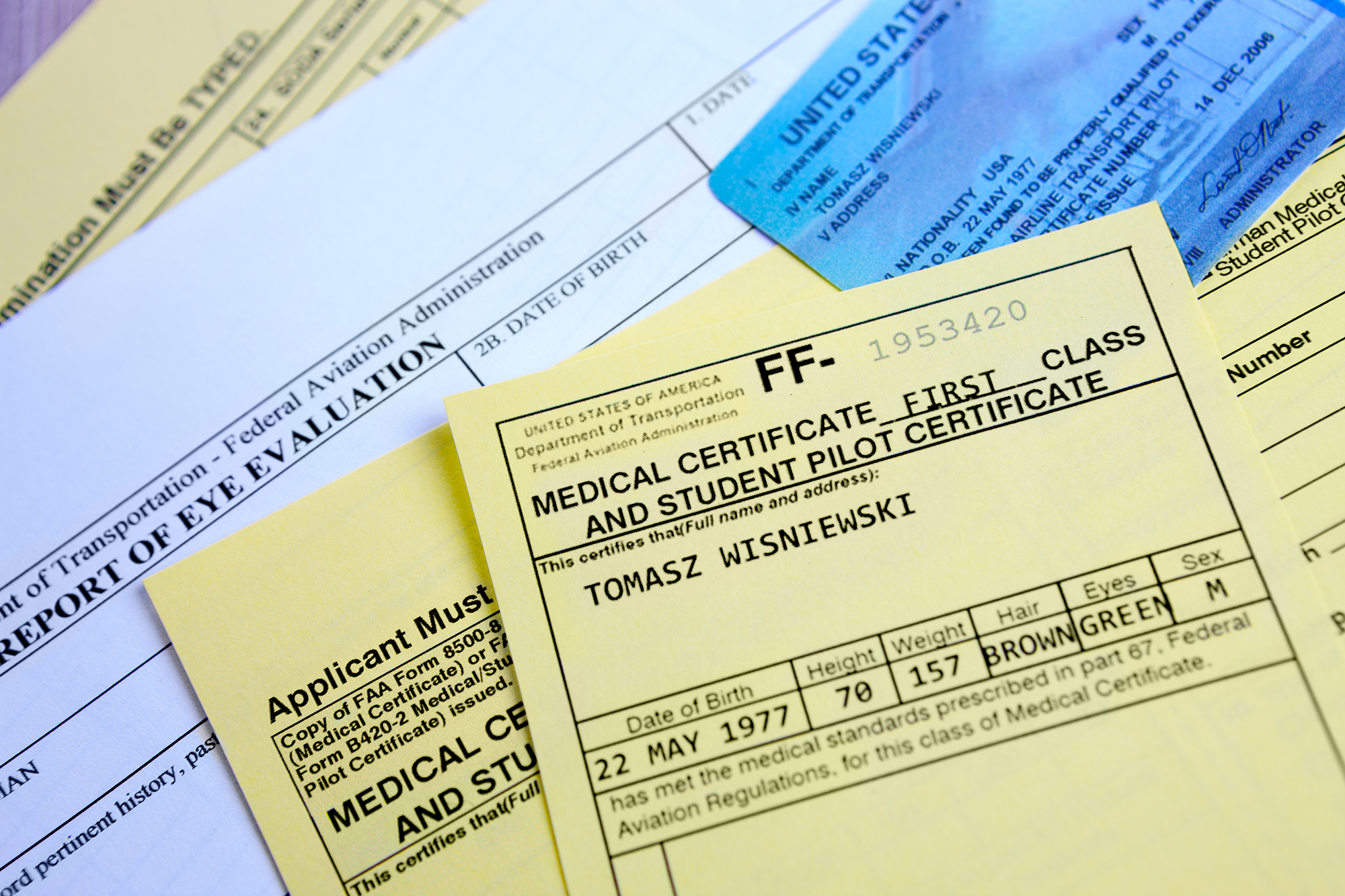
The medical certificates range from first-class to third class. The first-class medical certificate is the most strict regarding your health and is required for airline pilots, while the third-class medical is the least stringent and is required for private pilots.
If you intend on only obtaining a Sport Pilot Certificate, you will not need a medical certificate, only a driver’s license.
You may also be eligible to fly without a medical certificate under a program called BasicMed, but this will require that you have had a medical certificate at some point in the past.
Sport Pilot Certificate
If you want to fly small aircraft privately, you should consider obtaining a Sport Pilot Certificate. The Sport Pilot Certificate is the easiest to get and requires the least amount of flight time. It also doesn’t require a medical exam (only a valid driver’s license) or mandatory ground school. The Sport Pilot Certificate costs around $4,500 and can be completed in a few weeks.
You are limited to flying aircraft with a Maximum Takeoff Weight (MTOW) of 1320 pounds that are classified as Light-Sport Aircraft (LSA). This will prevent you from flying most General Aviation aircraft such as the Cessna 172, for example. You will also not be allowed to carry more than one passenger and fly higher than 10,000 feet Mean Sea Level (MSL) or 2,000 feet Above Ground Level (AGL), whichever is higher.
Private Pilot Certificate
If you want to still fly privately but fly larger aircraft than what the Sport Pilot Certificate allows, consider obtaining the Private Pilot Certificate. With around 20,000 Private Pilot Certificates issued each year in the US, the Private Pilot Certificate is the license of choice for those who want to fly recreationally.
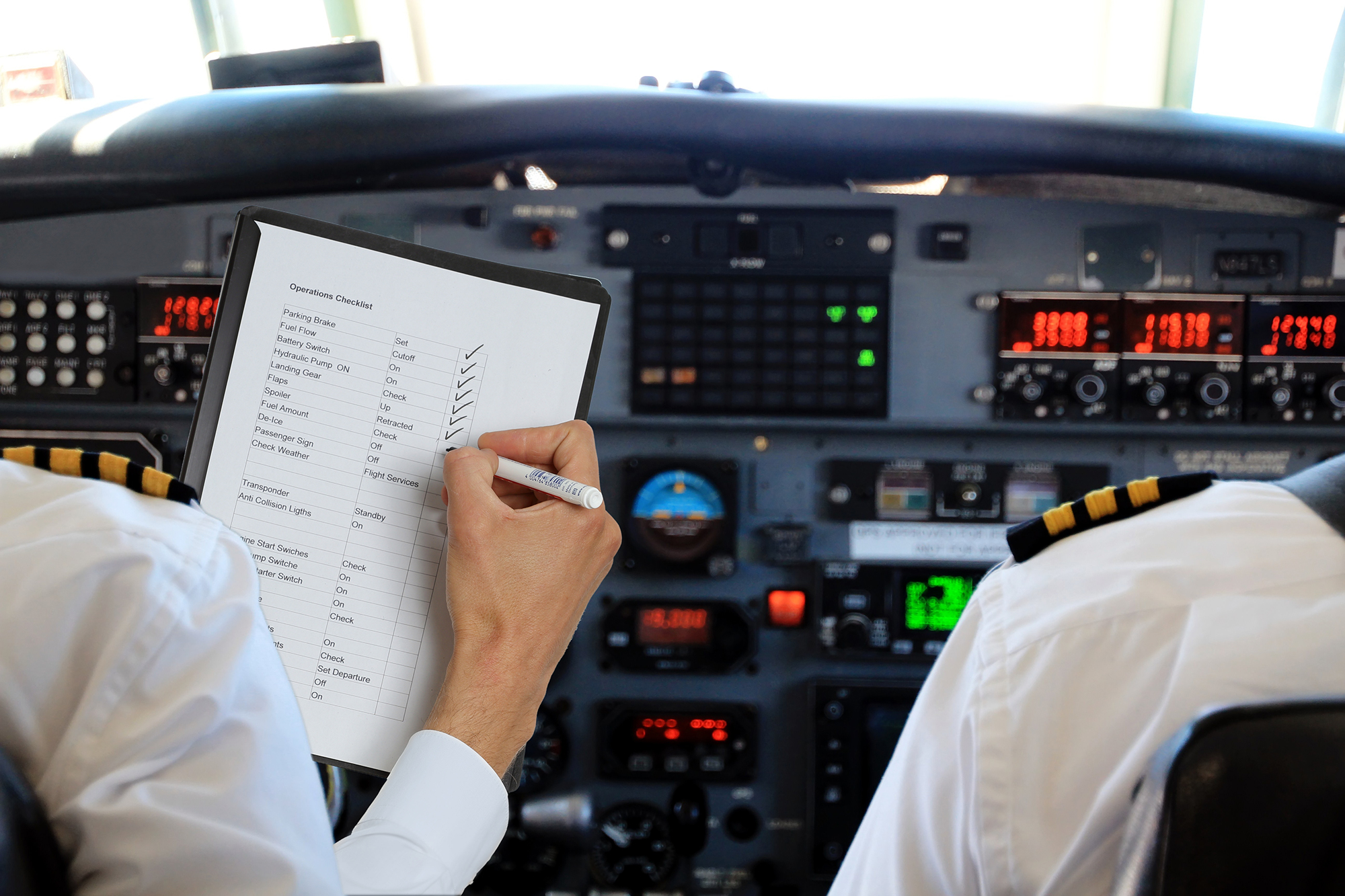
A Private Pilot License (PPL) will cost around $10,000 to obtain and will require about a month of full-time training to complete. You will have to write a written exam and undergo a ground evaluation and flight test with a Designated Pilot Examiner (DPE) (A DPE is a very experienced flight instructor).
With a Private Pilot License (PPL), you will not be allowed to be paid to fly in any capacity. Other than this restriction, the world is your oyster when you obtain your PPL. If you receive the required training, you can fly any aircraft, in almost any weather condition, and carry passengers.
You will require a third-class medical certificate to obtain a PPL.
Commercial Pilot License
The Commercial Pilot License (CPL) is for those who want to make a career out of flying.
The CPL requires far more intensive training and is more expensive – taking around a year of full-time work to complete and costing around $30,000.
You will also require at least a second-class medical.
The CPL will allow you to work and be paid as a pilot and is the first stepping stone to getting your dream flying job.
Regardless of whether you want to fly privately or professionally, you should expect to invest your time and money to achieve your dream.
Is It Hard to Be a Pilot?
If your financial position allows, becoming a private pilot opens doors to wonderful travel experiences. While certainly, a unique hobby, flying privately is no cheap endeavor.
If you plan on becoming a pilot by trade, however, you should be aware of the lifestyle behind the glamourization of the aviation industry, including the positives and negatives.
The Negatives
The Cost
Starting with the negative aspects that are not as commonly known, becoming a pilot does not entail finishing your flight training and jumping straight into an airliner. While there are cadetship and so-called “direct entry” programs for students, these programs often require that you fund not only your commercial license but also a type rating for the aircraft that the airline wants you to fly. A type rating can easily cost as much as the entire commercial pilot license, and it may not be in your best interest to accumulate large amounts of student debt. Some companies will pay for your type rating and even your license, providing you sign a long-term contract with them. You will often have to become a second officer for a while, providing relief and filling in gaps where first officers (co-pilots) cannot fly.
The Beginning Is Difficult
For most professional aviators, you will be required to work a low-paying flying job flying small aircraft until you accumulate enough experience, allowing you to be hired by a company flying larger aircraft. You will find that the first five years or so of being a professional pilot are anything but glamourous – earning little money flying small aircraft in often less than ideal scenarios such as providing flight instruction. A staggering number of commercial pilots eventually decide to pursue an entirely different career path, especially after the events caused by COVID-19.
Industry Unpredictability
Even when you are established in the industry and earning a better salary, the aviation industry is less stable than most due to airline and charter companies’ low-profit margin business model. While accounting and engineering jobs will always be available, “black swan” events such as 9/11, the 2008 financial crisis, and COVID-19 disproportionately impact pilots. This is something to keep in mind before entering the aviation industry.
Don’t keep all your eggs in one aviation basket – study or build skills outside the aviation industry, and consider keeping a larger “emergency fund” than your non-aviation peers. You may also want to consider saving and investing a significant amount of your money every year, which will provide you with peace of mind during periods when the industry is not doing well.
You Require Good Health
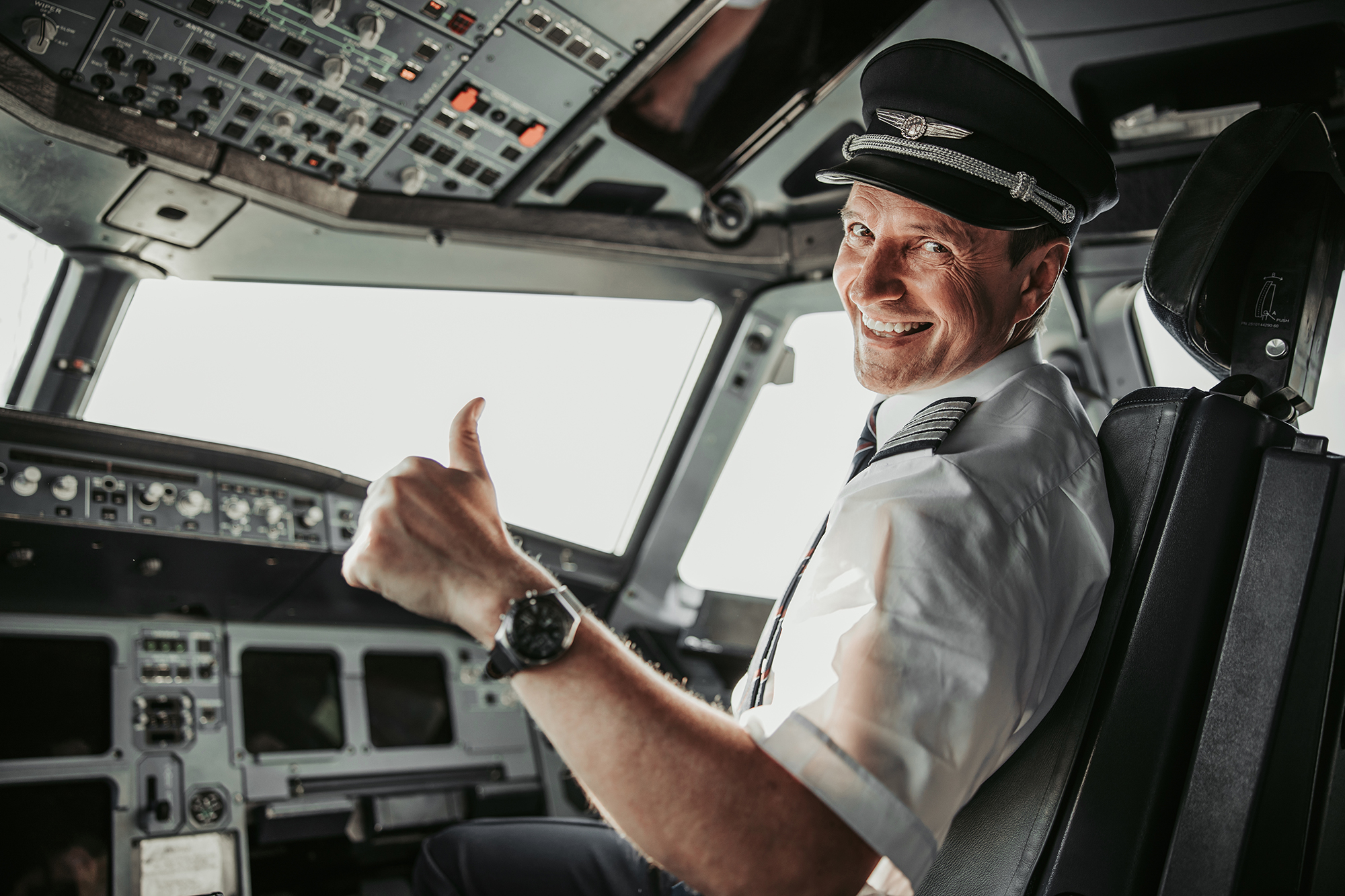
Not relying on the aviation industry for your livelihood will benefit you in another, aviation-specific manner – your medical certificate. It is well known that pilots are required to maintain a certain level of medical fitness. This means that if your health no longer allows you to fly, you will no longer be able to work – at all.
Be prepared for a diagnosis that will prevent you from flying. Unfortunately, life is unpredictable, and if your livelihood depends on your health, don’t roll the dice and hope that nothing will happen to you.
You Will Work Hard
It is important to remember that even the dream job of flying large airliners is hard work. You will often work long hours that vary dramatically – one day you may have to wake up at 3 AM and a couple of days later you may have to fly overnight.
Being a pilot can also be very demanding at times, as you attempt to fly the aircraft from one place to the next, accounting for weather, passengers, and technical issues, all while trying to be on time – every time.
You may also have to spend long periods, sometimes weeks or even months (contract work, for example) away from home. You will also more than likely have to relocate when you change companies. Commuting from far away is an option as a pilot, but not always practical.
You Will Be Constantly Evaluated
Your performance as a pilot is also constantly evaluated, and you will often have to undergo tests and training to ensure that you meet the required standard. For some people, this constant testing cycle may not be ideal.
From personal experience, you do become accustomed to this continuous testing cycle. It is a great way to ensure that you remain comfortable with the aircraft you are flying, even in an emergency.
The Positives
While the aviation industry has its challenges, there are many positive aspects that make it a career worth fighting for.
A Career like No Other
Being a professional pilot is one of the most unique careers out there, and you can be confident that you will have many “war stories” of weather, passengers, or places to talk about for years to come.
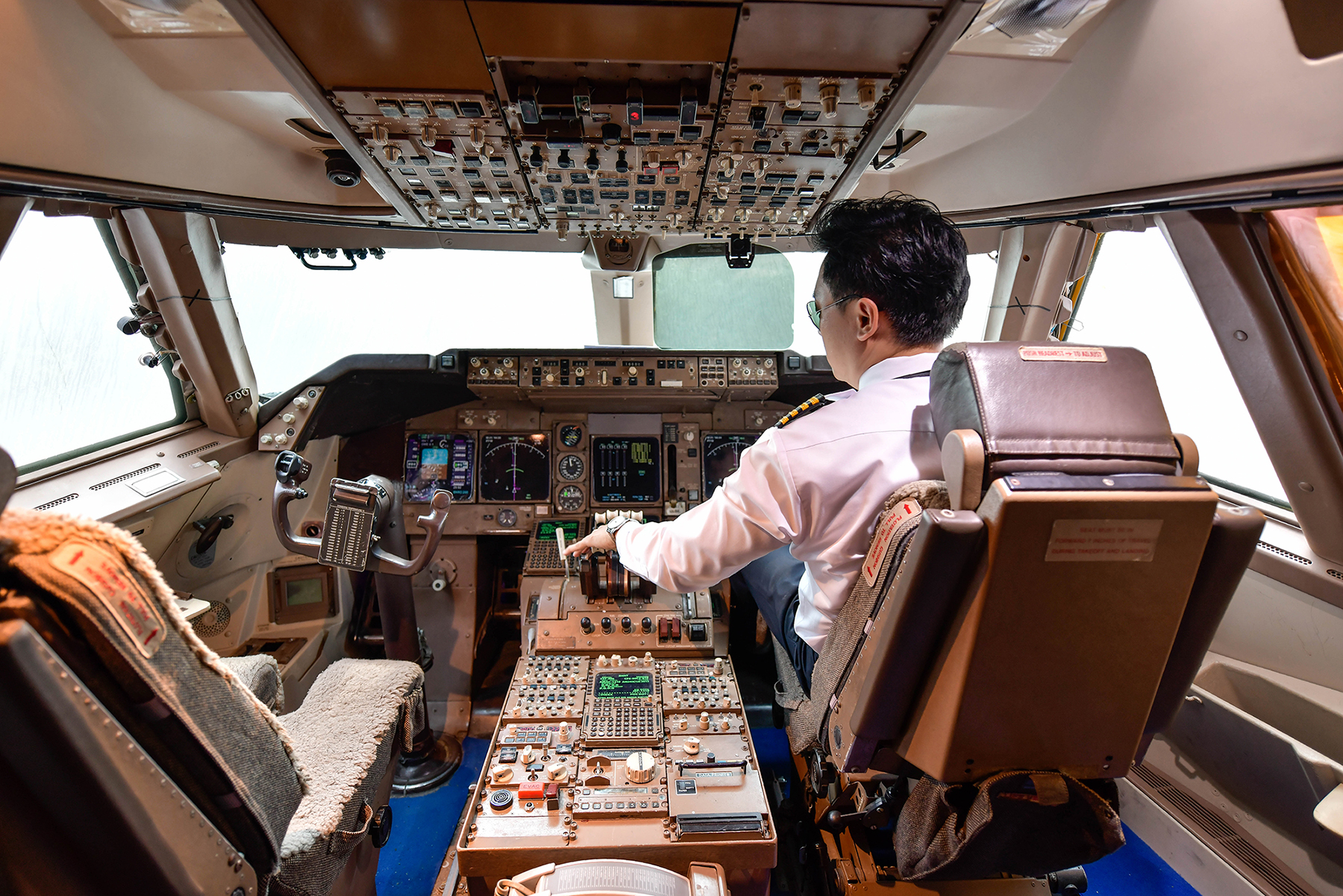
Flying on an aircraft can be a gratifying experience, especially when you are faced with challenges that you are able to solve. When you become comfortable with your aircraft, having spent hundreds or thousands of hours flying it, you enter a flow state where your actions are almost automatic, even in an emergency. It is a beautiful experience.
While the line-orientated nature of airline or charter operations may become mundane as you fly the same routes multiple times a day, almost every day will be unique. You will traverse the country (or globe) with new weather, passengers, and sometimes a new crew to experience. Layovers (spending the night away from home) with your crew are a wonderful experience that allows you to effectively get paid for bonding with your colleagues!
The Prestige
While you should not become a pilot to boost your ego, there is no denying the prestige associated with becoming a professional aviator. The aviation industry has a rich history of men and women who achieved incredible feats and set a brilliant example for society. Being a pilot comes with a special responsibility to uphold the professionalism required to fly an aircraft safely.
No University Degree Required
Another advantage of becoming a pilot is that you will not have to attend a university, only flight school. While earning a degree may help you outside of the aviation industry, it is not a requirement to become a professional pilot, meaning you can begin your training as soon as you finish high school (and sometimes even during high school!).
High Income Later On
Although you will probably not earn a significant amount of money at the beginning of your career, there is a substantial amount of money to be made when you become a senior captain. The salaries earned by the airline, corporate, or charter pilots depend on many factors, including the type of aircraft, the company itself, the pilot’s previous experience, and how long the pilot has worked for the company, just to name a few. When you gain enough experience (usually decades), you can expect to earn six figures.
Conclusion
We hope you now have a greater understanding of the aviation industry and what it takes to become a pilot. There is a reason why the aviation industry has captured the attention of so many individuals over the years – it is truly unique.
Aviation is not the same as an accounting or engineering job; it has its own unique challenges. As long as you know this beforehand, you can prepare and account for these possibilities. Remember that no job is perfect, and every job has its challenges – flying is no different.
The challenges faced by pilots are distinctive, but for the approximately 300,000 aviators worldwide who call the cockpit their home, it is most definitely worth it!
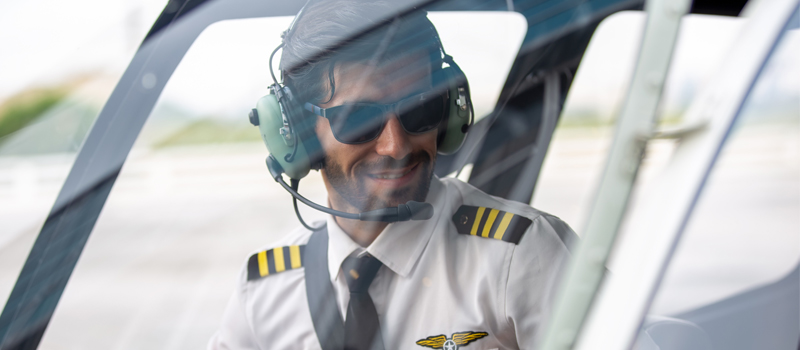
 @pilotinstituteairplanes
@pilotinstituteairplanes

